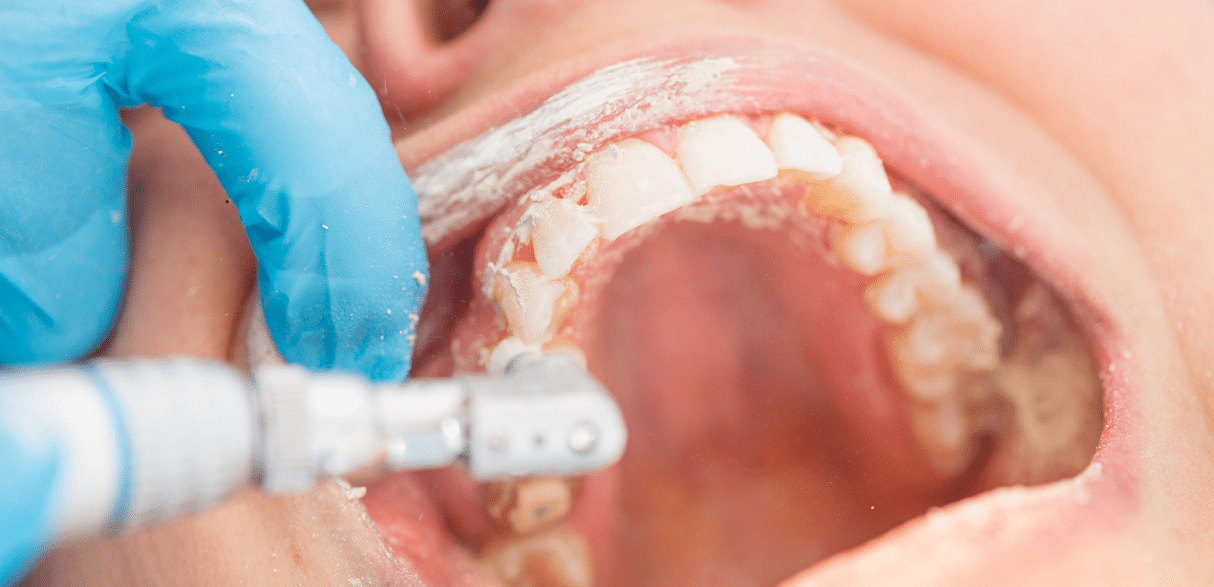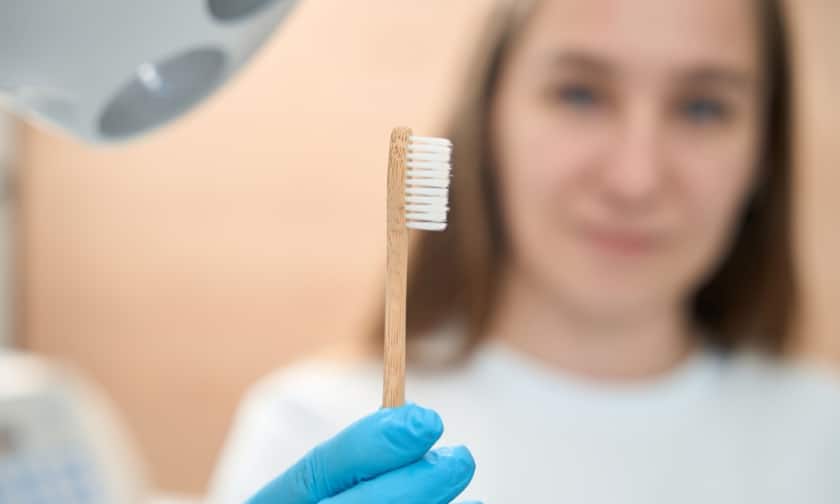How Often Should You Get a Dental Cleaning? Expert Advice

Maintaining proper oral hygiene is essential for overall health, and one of the best ways to ensure your teeth and gums stay healthy is through regular dental cleanings.
Dental cleaning is a professional procedure performed by a dentist to remove plaque and tartar buildup from your teeth. While brushing and flossing are essential daily habits, professional cleanings are necessary to prevent gum disease, cavities, and tooth decay.
But how often should you get a dental cleaning? Let’s dive into expert advice.
The Importance of Regular Dental Cleanings
First, it’s essential to understand why dental cleanings are so important. Over time, plaque and tartar naturally build up on your teeth. Plaque is a sticky film of bacteria that forms when food particles mix with saliva. If plaque isn’t removed through regular brushing and flossing, it can harden into tartar, which only a dental professional can remove.
The buildup of plaque and tartar can lead to serious oral health issues such as gum disease, cavities, and bad breath.
How Often Should You Get a Dental Cleaning?
Most dental professionals recommend getting a dental cleaning every six months. However, the exact frequency depends on your individual oral health needs. Some people may require cleanings more often, while others may only need them once a year. Let’s explore different scenarios and how they affect your cleaning schedule.
1. General Guidelines: Twice a Year
For the average person with good oral health, two cleanings per year (every six months) is typically sufficient. This schedule helps maintain a clean mouth, prevents plaque buildup, and allows your dentist to monitor your oral health regularly. Regular visits also make it easier to catch any dental problems early, such as cavities or early signs of gum disease.
2. If You Have Gum Disease
If you have a history of gum disease or are currently experiencing gingivitis (the earliest stage of gum disease), your dentist may recommend more frequent cleanings. For example, you may need to have your teeth cleaned every three to four months. More frequent cleanings help prevent the progression of gum disease and ensure that plaque and tartar don’t build up in hard-to-reach areas.
3. If You Are Prone to Cavities
Some people are more prone to cavities due to factors like genetics, diet, or certain medications. If you are prone to tooth decay, your dentist may suggest more frequent cleanings to help reduce the buildup of plaque and tartar. In these cases, you need cleanings every four to six months.
4. For Smokers
Smokers are at a higher risk of developing gum disease and teeth staining. The chemicals in tobacco can contribute to plaque buildup and affect the health of your gums. To maintain optimal oral health, smokers may need dental cleanings more frequently, typically every three to four months.
5. If You Have Braces or Dental Appliances
Cleaning your teeth can be more challenging if you wear braces or other dental appliances. Braces create additional places for accumulating plaque and food particles, making regular cleanings even more critical. Depending on your specific situation, your dentist may recommend cleanings every three to four months while you have braces or dental devices.
The Benefits of Regular Dental Cleanings
Regular dental cleanings offer several key benefits:
- Prevention of Tooth Decay and Gum Disease: Cleanings help remove plaque and tartar that lead to cavities and gum disease.
- Better Oral Health: Professional cleanings prevent bad breath and protect your teeth from harmful bacteria.
- Early Detection of Problems: Routine cleanings allow your dentist to spot potential problems early, saving you from costly treatments later.
- Whiter Teeth: Professional cleanings remove surface stains, creating a brighter, more attractive smile.
- Improved General Health: Good oral health has been linked to overall health, including a reduced risk of heart disease, stroke, and diabetes.
What Happens During a Dental Cleaning?
During a dental cleaning, the dentist or hygienist will use special instruments to remove plaque, tartar, and stains from your teeth. They will also floss and polish your teeth for a smooth, shiny finish. Fluoride treatment may help protect your teeth against cavities, depending on your needs.
After the cleaning, your dentist will examine your teeth and gums to ensure no signs of tooth decay or gum disease.
Maintain Optimal Oral Health with Regular Cleanings
Dental cleanings are a vital part of maintaining optimal oral health. For most people, getting a cleaning every six months is enough to keep their teeth and gums healthy. However, depending on your oral health status, you may need to visit the dentist more frequently. Whether you need cleanings every three, four, or six months, the key is to follow your dentist’s advice for your unique situation.
By staying on top of dental cleanings, you are helping to prevent dental problems and ensuring a healthy, bright smile for years to come.





